New study to investigate augmented reality as an intervention for emotionally based school avoidance
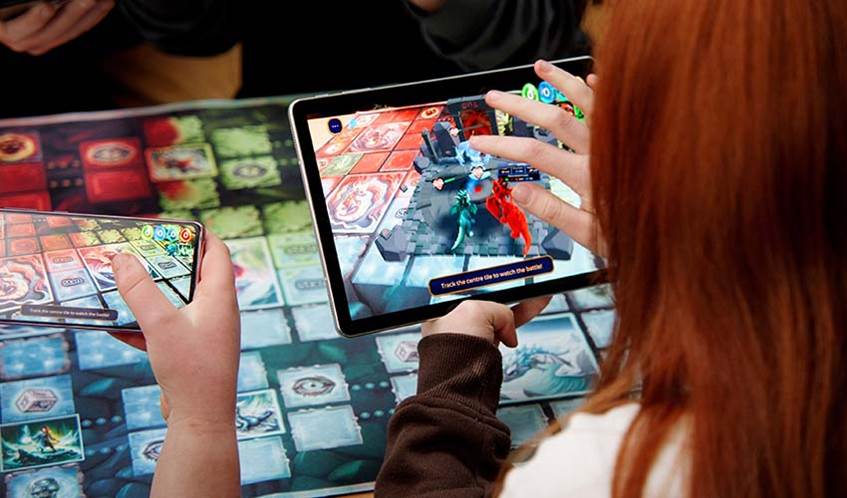
A UWE Bristol researcher will support a new study exploring whether an augmented reality board game can help young people with emotionally based school avoidance (EBSA).
Dr Craig Johnston and health tech company Play Well For Life have received a £230,000 grant from Innovate UK to collaborate on an investigation into the effectiveness of the game in helping people with EBSA reintegrate into group education settings.
The game, Dragons of Afterlands, is a tool to improve adolescent socioemotional skills and wellbeing. The tool has been identified as an innovative way to build peer support opportunities, ultimately leading to faster reintegration to in-person and group learning.
With positive outcomes already evidenced in mainstream education settings, this study will see the game played among young people in hospital education services and alternative provisions. These two settings increasingly support young people who experience EBSA and/or are at risk of exclusion.
Co-produced with young people, clinical psychologists and educators, Dragons of Afterlands offers in-person, remote or hybrid play options.
Dr Johnston, a senior lecturer in criminology, will assess the impact of the game on young people by looking at indicators of engagement and inclusion as well as improved relationships between adolescents, their peers, and staff.
He said: “I’m thrilled to receive this research grant and to work with Play Well For Life. This substantial grant will enable further research into augmented reality as tools to utilise with children and adolescents at risk of exclusion, in its various forms, and to evaluate its impact on fostering positive social interactions and promoting more inclusive and enjoyable learning environments.”
Dr Johnston, an academic in the School of Social Sciences, added: “UWE Bristol’s role in the project will be to assess whether, and how, using augmented reality tools improves impairments resulting from anxiety and distress and the impact it may have on enabling re-engagement with education and peers.
“The overall aim of this project is to assess tools that are appropriate for inclusive practices relating to EBSA, and to evaluate augmented reality solutions’ broader adoption within alternative provision and healthcare education settings.”
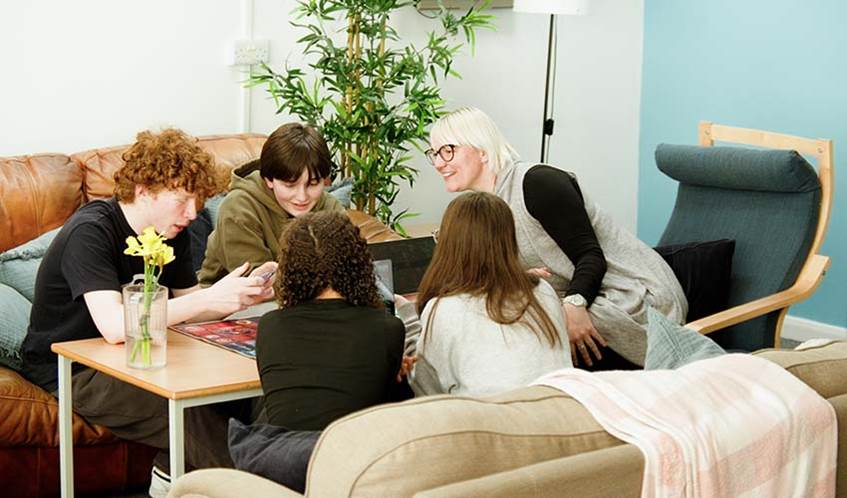
Claire Koenig, Chief Operating Officer for Play Well For Life, said: “We are thrilled to be collaborating with Dr Craig Johnston from UWE Bristol on this project to explore how Dragons of Afterlands can support young people experiencing EBSA to re-engage, connect, and thrive. His considerable experience working in, and conducting research with, Alternative Provision settings will bring invaluable insight to this work.”
The project, which will run until September 2026, is one of 17 to have received funding totalling £3.6 million from Innovate UK’s Mindset extended reality (XR) for digital mental health programme.
The funded projects are part of a targeted investment to unlock the transformative power of XR technologies, including creative, VR, augmented reality, mixed reality, haptics – technology that stimulates the senses of touch and motion – and immersive software and audio. Projects are looking to address a wide range of clinically recognised conditions that affect education, employment, and quality of life including addiction recovery, ADHD, autism, anxiety, depression, occupational stress, PTSD and more.
Related news
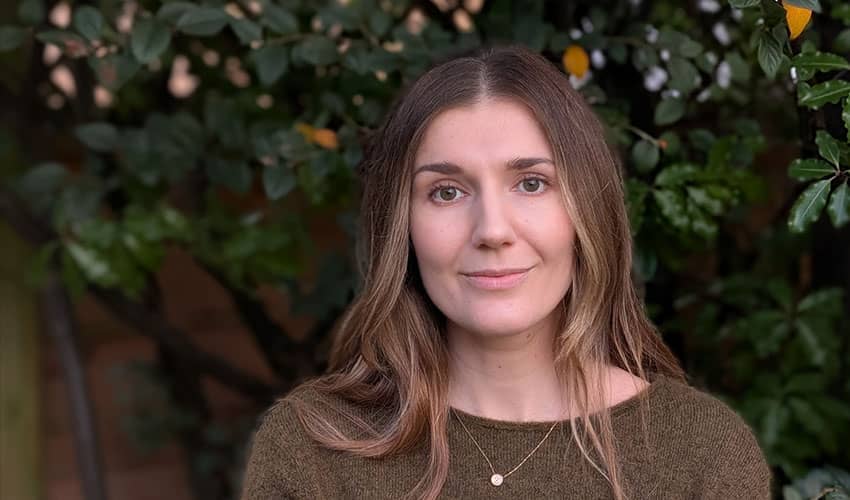
16 February 2026
UWE Bristol researchers awarded grant to explore impact of asset recovery on offenders
UWE Bristol academics have been awarded funding to explore of the impact of asset recovery on deterring offender behaviour and disrupting crime networks.

17 December 2025
Findings revealed from first UK study into experiences of mothers who are survivors of rape pregnancy
UWE Bristol academics have revealed the findings of the first UK-based study of the experiences of mothers who are survivors of rape pregnancy.
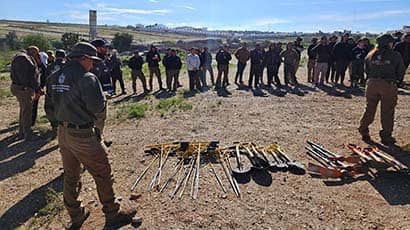
07 October 2025
Academic playing role in project to find hidden graves in Mexico using drone technology
A UWE Bristol lecturer is playing a part in a project using drone technology to locate concealed graves in Mexico.

16 September 2025
Dedicated liaison roles ‘instrumental’ for police forces to build trust with sex workers, research finds
A new study from UWE Bristol researchers has found that a dedicated liaison officer could help rebuild trust between the police and sex workers.

22 July 2025
Angellica Bell receives honorary doctorate from UWE Bristol
Angellica Bell, a prominent figure on British television and radio, has been awarded an honorary degree by UWE Bristol.

17 July 2025
Want social change? A deeper understanding could be key, study suggests
New study suggests a deeper understanding of social change could help close the gap between challenges and actions, especially on issues like climate change.

16 July 2025
Researchers launch support hub for people with visible differences and their families
A first of its kind website offering evidence-based psychological support for people with visible differences and their families has been launched by university researchers.

27 June 2025
UWE Bristol and Avon and Somerset Police renew partnership to advance police education
UWE Bristol and Avon and Somerset Police have signed a new 10-year agreement, extending their successful partnership to deliver high-quality, forward-thinking police education and training.

25 April 2025
Opinion: ‘Where is the vision in the WECA mayoral race?’
Dr Thom Oliver, senior lecturer in politics, gives his expert opinion as voters prepare to head to the polls to elect a new WECA mayor on 1 May.

16 April 2025
UWE Bristol academic paper named as one of this century’s most-cited
A UWE Bristol academic has co-authored the third most-cited academic paper of this century, according to new analysis released by research journal Nature.

30 January 2025
Women exercising in gyms face barriers including body image and harassment, study finds
Women exercising in gyms often feel judged for their appearance and performance, leading to a persistent sense of inadequacy, according to a new study.
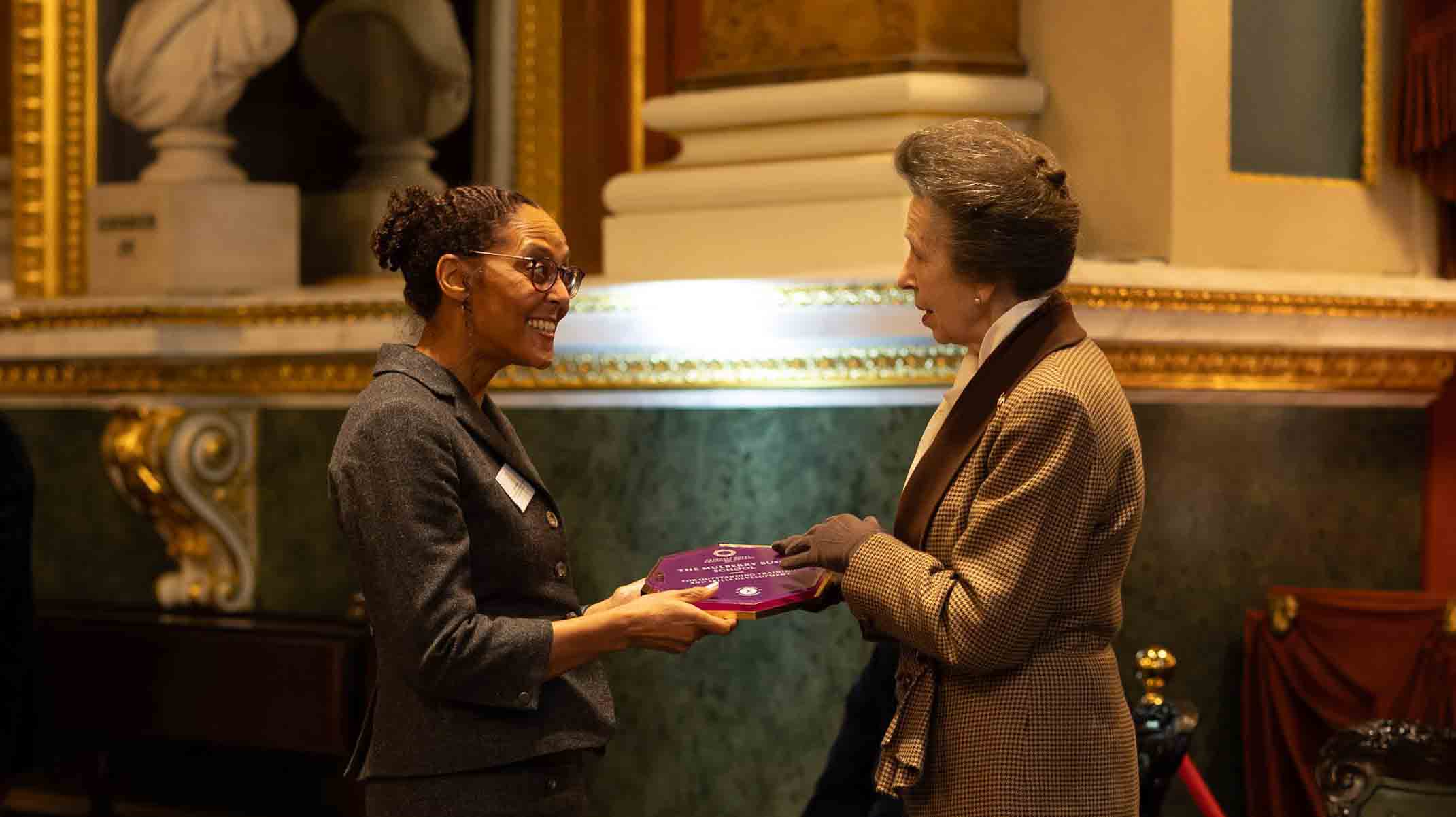
17 December 2024
‘One of a kind’ course accredited by UWE Bristol recognised with Princess Royal Training Award
A foundation degree accredited by UWE Bristol has been awarded a prestigious City & Guilds Princess Royal Training Award.
You may also be interested in

Media enquiries
Enquiries related to news releases and press and contacts for the media team.
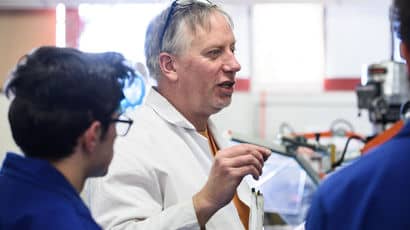
Find an expert
Media contacts are invited to check out the vast range of subjects where UWE Bristol can offer up expert commentary.
College of Health, Science and Society
The College of Health, Science and Society is a large, diverse and dynamic part of the University, bringing together experts from Health and Social Wellbeing, Applied Sciences, Education and Social Sciences






